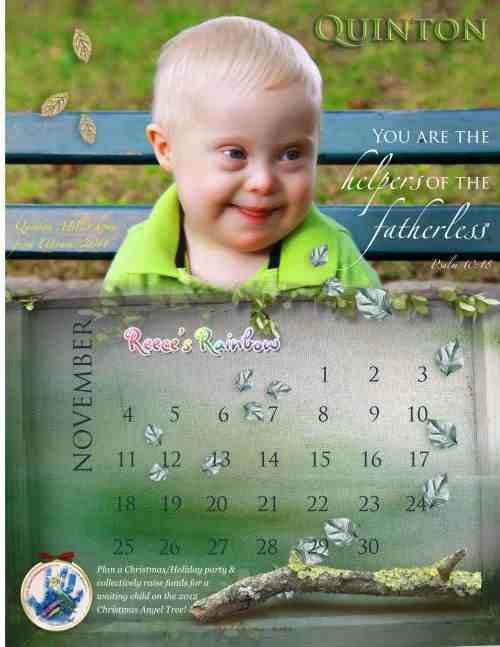1- Both kids are going to need more support than the typical kindergartner.
2- School is there to prepare children for entrance into the real world.
3- Our priority is that Chase and Zeke will be included with the rest of their peers from day one of school.
4- The law says that we need to exhaust every support available before changing the classroom setting to a more restrictive environment. That is all we asked for for the boys.
I don't presume to be an expert on all things educational. I don't know if we are making the right decision by placing them in a regular education setting with an EC assistant.
I do know that there is extensive research about the benefits of inclusion (when provided with appropriate supports), and that I can't settle on anything else until we've tried this path. I also know it might not look like the path that someone else chooses for their child, and that's ok. We're all trying to navigate through this special-needs parenting thing the best way that we can.
I hate that there is no perfect solution, and that (like it or not) funding is limited in the school system.
I wish there was more time for teacher training, more money for programs and lower class sizes. But it is what it is.
This year should be interesting. I'm planning on some serious communication with their teacher to make sure everyone has the best chance possible for success. I'll keep you updated :)









1 comment:
Hi Laurie, I will make a point that many will disagree with but comes from years of working with older developmentally delayed youth and adults. While inclusion is in many ways an ideal choice, especially as the child ages it begins to have its drawbacks. The primary drawback is in social life. Whether it is right or not, after the very early grades it becomes less and less likely that the child with a significant developmental difference will be invited to playdates, parties etc. They will be less likely to have a best friend from among the typically developing kids in the same way say Ian has. My feeling is that for all of us, in order to develop meaningful friendships and even life partners (not your priority when thinking about KG I know), we need to have a wide enough, appropriate peer group. So, while inclusion is great, it does limit a child's daily interaction with developmentally similar peers. One approach I think would be useful is a kind of cluster inclusion whereby a large number of kids with developmental disabilities are in one school thus allowing for interaction between typical peers and those more likely to become close friends. It means the child with the delay is one of perhaps 30 in the school and is less likely to stand out. I know there are opportunities to meet developmentally similar friends at events such as special olympics but I think real friendships for kids develop out of the day to day contact. Just a though to keep in mind as your kids get older. I think the solution will be different for different kids and different families. Best of luck. Ellen
Post a Comment